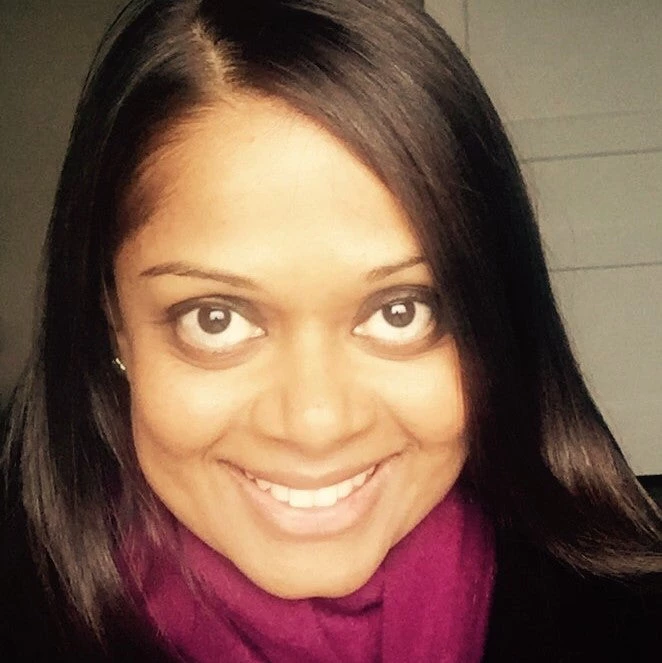Also available in: Español | Français | العربية
Behavior change campaigns are all around us. They remind us to get our flu shots; warn us that food and drinks are not allowed when using public transportation; even prompt us to turn off the lights when we leave a room. They invoke socially acceptable norms and indirectly guide us towards positive behavior change. The advent of an assortment of new technologies and mass media outlets enables us to spread last-mile awareness on handwashing, safe sex, and gender-based violence, to name just a few.Indeed, we in development, and governments that we work with, invest millions of dollars in behavior campaigns. However, many of these campaigns are unconvincing, lack inspiring narratives, and are communicated through outmoded and uninteresting outlets such as billboards and leaflets. Research shows that traditional mass media interventions are often ineffective in promoting behavior change, especially in the long run (Grilli et al 2002, Vidanapathirana et al 2005).
Enter entertainment education. The World Bank’s recent World Development Report 2015 highlighted how entertainment education influences mental models of individual viewers and, in the process, sets the stage for collective action by impacting mental models accepted by society. Popular television shows and radio programs can organize social or community responses to entrenched views where individual actions may be socially unacceptable. Soap operas for example, invoking a strong narrative with relatable role models, have been very effective in reducing fertility rates in Brazil (La Ferrara 2012) and in the United States (Kearney 2014). These dramas are easy and engaging ways through which to spread messages and promote positive behavior.
Yet, the evidence on what actually works, is effective, and can be maximized for positive behavior change is meagre. While some randomized control trials (RCTs) have been deployed, quite a chunk of the evidence comes from case studies or at best, rigorous evaluations conducted in college labs or quasi-experimental field studies. These results are hard to generalize or may not be very accurate. Therefore, it is crucial to invest in research and evaluation activities to learn what works in entertainment education: on which groups it works, and which combinations of programs and technologies are most effective and worth scaling up.
But
The DIME Entertainment Education program has already begun the legwork. In Nollywood, Nigeria’s filmmaking center, DIME works with the MTV Stay Alive Foundation on a randomized controlled trial of Shuga, a TV drama that promotes positive behavior change to prevent HIV/AIDS and gender-based violence among African youth. In Lagos, DIME, with the help of Nollywood and a local NGO, studies the effects of the movie “Story of Gold” on financial literacy and savings among entrepreneurs. DIME also collaborates with Cinepolis (the world’s second largest cinema theater network), on research in gender empowerment and road safety in Mexico.
DIME economist Victor Orozco, who leads the program, says: “The program will focus on client and development partner priorities. We’re aiming to start with five priority themes in the area of gender empowerment, health and nutrition, urban crime and violence, environment and water and transport, and road safety. Given the development challenges these areas represent, they all support the newly-established sustainable development goals (SDGs). The program will take advantage of the World Bank’s engagement in specific countries with large entertainment hubs. Brazil, Kenya, Mexico, Nigeria, and India, representing a combined regional population of 1.8 billion, will be priorities.
"Growing up in Mexico, the epicenter of dramatic television, soap operas were important for so many people. My grandfather would never miss his nightly soap Rosa Salvaje (a major success in Latin America, Eastern Europe, China, and Indonesia). Many of my soccer buddies would head home in time to watch the afternoon soaps. We, the remaining few, felt we were missing out on something big.”
Watch these outlets for the launch and stayed tuned for more!
Links:
Morelia Film Festival Education Entertainment Workshop
DIME Education Entertainment Program


Join the Conversation